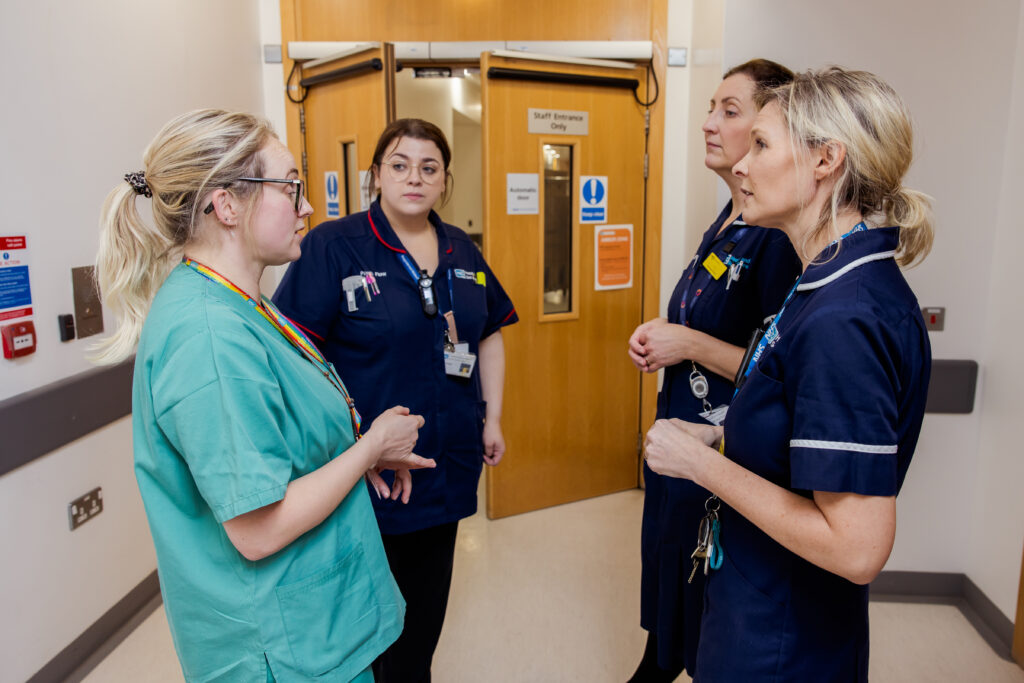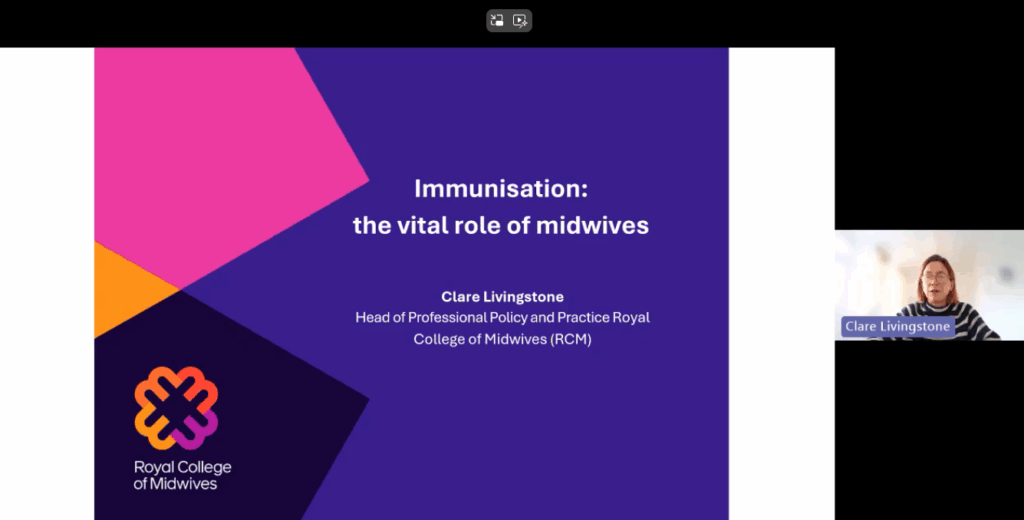The Royal College of Midwives (RCM) in Wales has renewed its call for urgent, system-wide change, following the publication of the Llais report into maternity experiences in Swansea Bay.
The report highlights recurring and deeply concerning themes, including variation in care, communication issues, inconsistent postnatal support and barriers to raising concerns. These mirror the findings of previous national reports and reviews of maternity services across the UK.
Julie Richards, RCM Director, Wales, said:
“We are saddened to read the experiences of women and families who shared their stories in this report. We thank them for their courage in speaking out, and we recognise the emotional toll this may have taken.
“We echo the comments of the Chair of the Independent Review, that this report provides valuable and vital feedback. It must be used as an opportunity to drive meaningful change and will be a critical part of the wider review underway into maternity care in Swansea Bay. This cannot be another report that gathers dust.”
The RCM agreed with Llais that the repeated nature of the concerns shows the urgent need for system-wide learning, particularly in leadership, workplace culture, and how services listen to and respond to women and families.
Over the past decade, the RCM has responded to numerous reviews of maternity care, repeatedly raising the same fundamental issues.
To address these challenges, there need to be substantial investment in maternity services and a commitment to building a workforce that ensures the right staff, in the right place at the right time, with the right education and skills.
This would ensure the capacity to effectively listen to women and families and have the right physical infrastructure and digital tools to support safe, modern care. Despite clear evidence, meaningful reform has been too slow.
Last month, the RCM launched a new campaign calling for crucial workforce investment across Wales to support midwives and maternity teams and ultimately to improve safety and outcomes for mothers and babies. Without significant funding commitments, frontline staff will continue to be stretched beyond their limits.
Julie added:
“Our members tell us they are committed to delivering the best possible care, but too often they are working under impossible conditions. The time for reviews and reflection must now be matched by delivery and decisive investment.”


